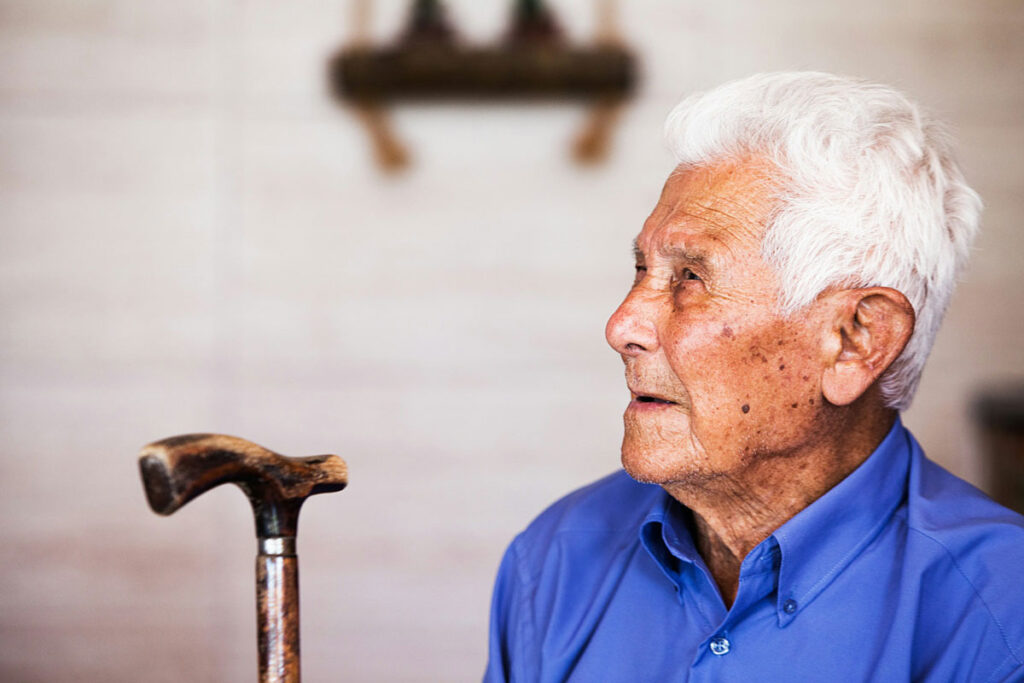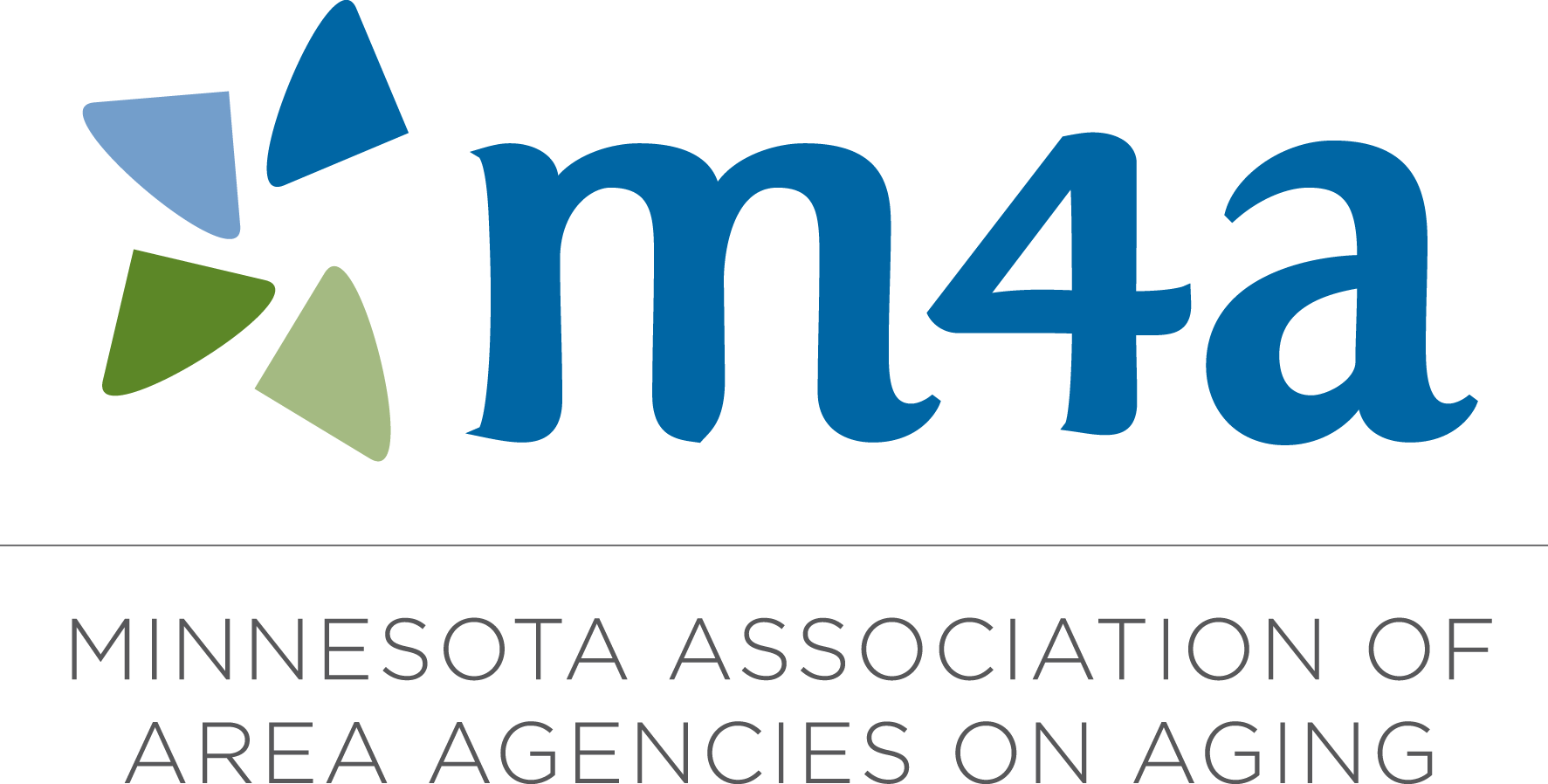
May is Older Americans Month, an opportunity to highlight the contributions of older adults and bring attention to what needs to be in place to safeguard their well-being. This year’s theme, “Flip the Script on Aging,” addresses misconceptions and biases about aging and urges us to see older adults more accurately, with a full range of abilities, characteristics and needs.
60th Anniversary of the Older Americans Act
The 2025 celebration is significant as we mark the 60th anniversary of the passage of the Older Americans Act, a landmark piece of legislation that helps people age well in their communities. Home-delivered Meals on Wheels is one of the most recognizable programs supported by the Older Americans Act.
Congressional leaders designed the Older Americans Act to provide supports for those aging in their homes and communities rather than in nursing homes and other institutional settings. According to Minnesota Compass, more than 90 percent of older adults live independently in the community.
Funding isn’t keeping up to the need
The number of older adults in Minnesota is growing due to increased longevity and aging of the large post-World War II generation of “baby boomers.” Funding for fundamental services for older adults has not kept up. As a society, we are on a collision course.
According to the Minnesota Department of Human Services, annual government payments for long-term services and supports for older adults are projected to grow 71 percent from 2023 to 2035. The Federal government pays about 70 percent of those costs under Medicaid and other programs. Legislation currently being considered in the U.S. House of Representatives would make major cuts to these programs including the Older Americans Act.
Services provided under the Older Americans Act such as home-delivered meals, chore services, health promotion and caregiver support are some of the most cost-effective ways to keep people living well and without the need for costly institutional care.
How does flipping the script on aging help?
These are complicated times with a lot of factors at play. But there is ample evidence that how we think and talk about aging has a direct effect on how well older adults fare in our society.
A study directed by Professor Becca Levy at Yale University found that ageism — prejudice or discrimination based on age — accounted for $63 billion in excess healthcare costs associated with conditions such as cardiovascular disease, musculoskeletal disorders, injuries, and diabetes.
Ageism gives people license to discount the real needs of older adults.
What can you do?
Ageism has been called the most socially acceptable form of prejudice. It is widespread and insidious. It can sneak into everyday actions of even those of us who have a high level of awareness of it dangers.
Even small changes can make a big difference. Here are some ways to help ensure that older adults are treated in a just, empowering way.
- Ask you representatives in Congress to reauthorize the Older American Act and fund it at levels that meet the growing need.
- Take actions to ensure older adults have access to medical care, housing and in-community support services.
- Rethink the words you use to talk about aging. Instead of “She still drives,” simply say, “She drives.” Phrases like “still” often reinforce ageist assumptions. Small shifts like this can make a big impact.
- Challenge outdated stereotypes and embrace the opportunities that come with aging.
- Use images that show aging is an opportunity, not a limitation—whether it’s pursuing a new passion, giving back to the community, or redefining expectations.
- Eliminate self-directed ageism. Do you blame forgetfulness on a “senior moment?” It reinforces the stereotype that aging means cognitive decline. Minor memory lapses happen to people of all ages.
- Remember that learning doesn’t stop with age. Adults over 60 are among the fastest-growing group of online learners. Let’s celebrate the pursuit of knowledge at every stage of life.
- Encourage physical activity to staying healthy at every stage of life. Whether it’s yoga, dancing, hiking, or daily walks, movement helps maintain strength and independence. Challenge the idea that aging means slowing down.
- Recognize that chronic conditions once thought to be a natural part of aging can be prevented/managed through proper nutrition, healthy lifestyle choices, appropriate access to healthcare and strong community support.
- Insist that older adults are included in research studies.
Thank you for celebrating and supporting older adults this Older Americans Month.
